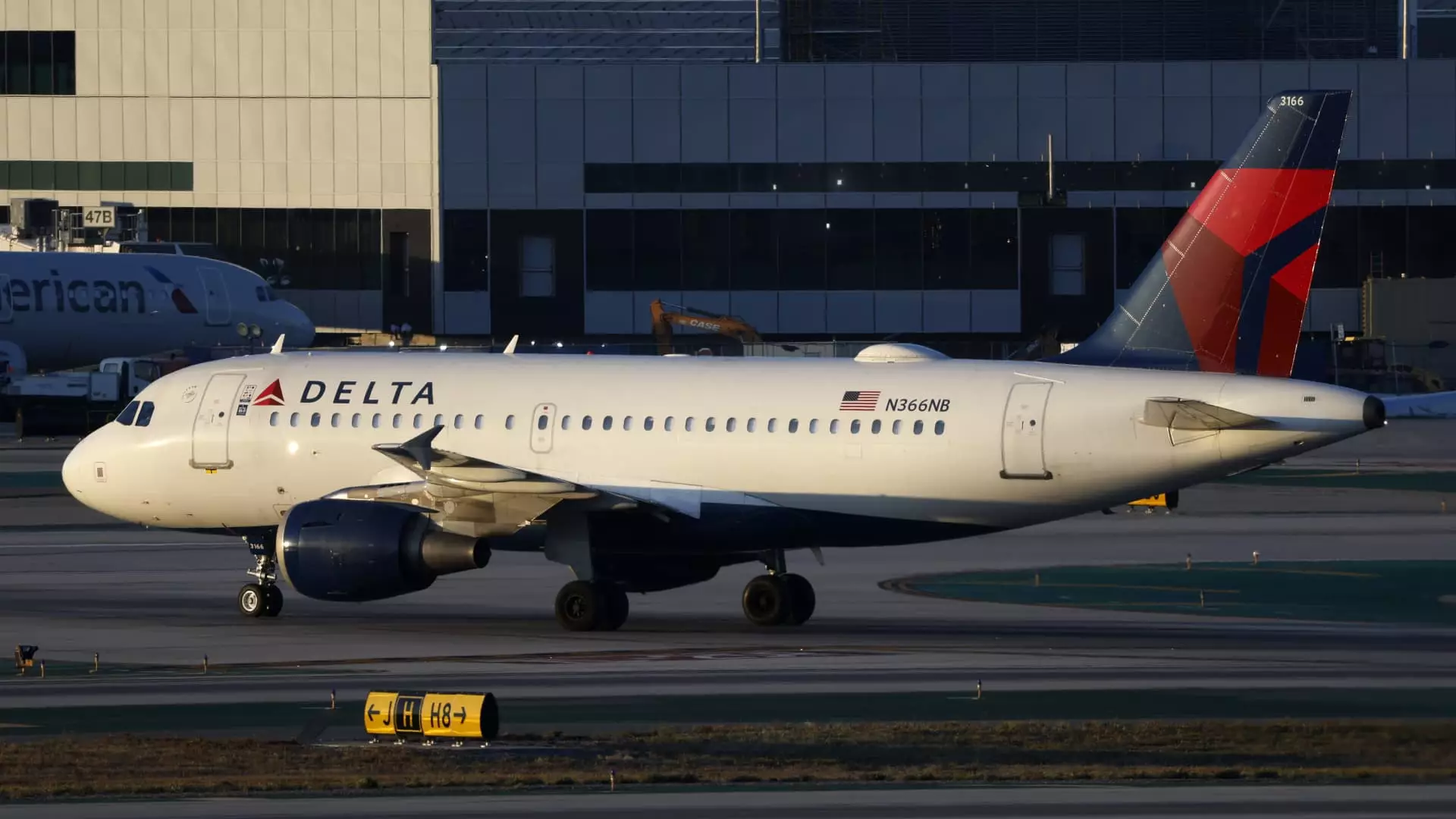Delta Air Lines disclosed that the CrowdStrike outage, which resulted in mass flight cancellations, caused the company a staggering $550 million in losses. The financial impact includes a $380 million revenue hit in the current quarter due to refunding customers for cancelled flights and providing compensation in the form of cash and SkyMiles. Additionally, the airline incurred a $170 million expense associated with the technology-driven outage and subsequent operational recovery. It is important to note that the canceling of some 7,000 flights also led to a $50 million reduction in the carrier’s fuel bill.
Delta Air Lines faced significant challenges in recovering from the July 19 outage, which took millions of Windows-based machines offline globally. The incident occurred during the peak of the summer travel season, resulting in the stranding of thousands of Delta customers. This disruption was a rare occurrence for the carrier known for its premium services and reliability. CEO Ed Bastian expressed disappointment in the prolonged operational disruption, emphasizing that Delta’s customers and employees deserve better. Despite the setbacks, the airline managed to restore its operations to an industry-leading position post-incident, aligning with the high standards expected from Delta.
In response to the outage and subsequent flight cancellations, the U.S. Department of Transportation launched an investigation into Delta’s handling of the situation. This scrutiny highlights the regulatory concerns surrounding operational disruptions in the airline industry. It is imperative for airlines to have robust contingency plans in place to mitigate the impact of such unforeseen events on passengers and operations.
Delta Air Lines is pursuing damages against CrowdStrike and Microsoft, attributing the outage to their actions. CrowdStrike refuted Delta’s claims, asserting that it promptly engaged with Delta’s security officers to provide assistance following the incident. The exchange of accusations and legal threats between the parties underscores the complexities of cybersecurity incidents in the aviation sector. It is essential for all stakeholders to cooperate and address the root causes of such disruptions to prevent future occurrences.
The outage experienced by Delta Air Lines serves as a stark reminder of the vulnerabilities present in the aviation industry’s reliance on technology. It underscores the need for robust cybersecurity measures and contingency plans to ensure business continuity and passenger safety. Delta and other airlines must invest in strengthening their IT infrastructure and cybersecurity protocols to prevent similar incidents in the future. Collaborative efforts between airlines, cybersecurity firms, and regulators are vital in safeguarding the integrity and resilience of the aviation sector against evolving threats.

